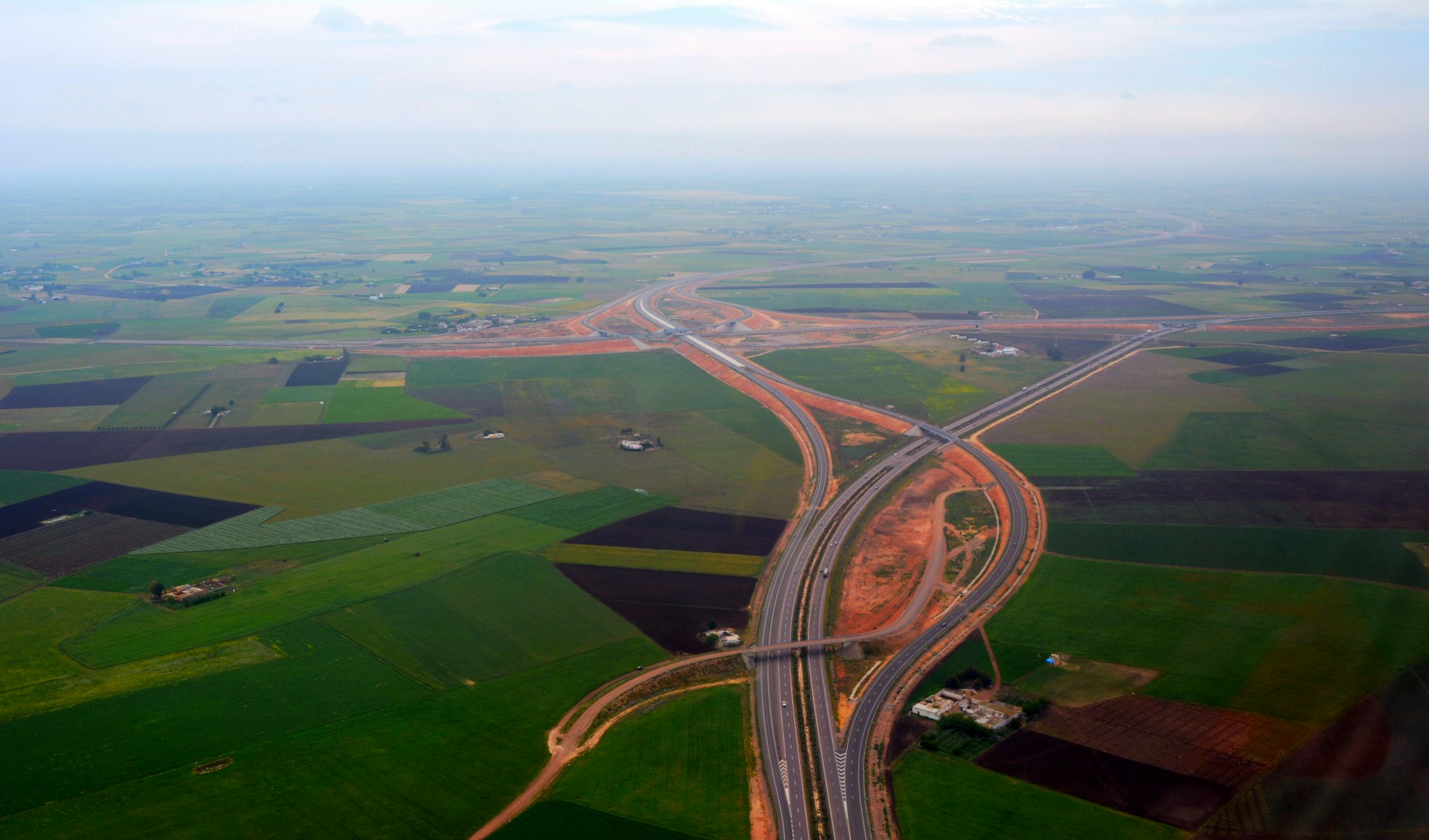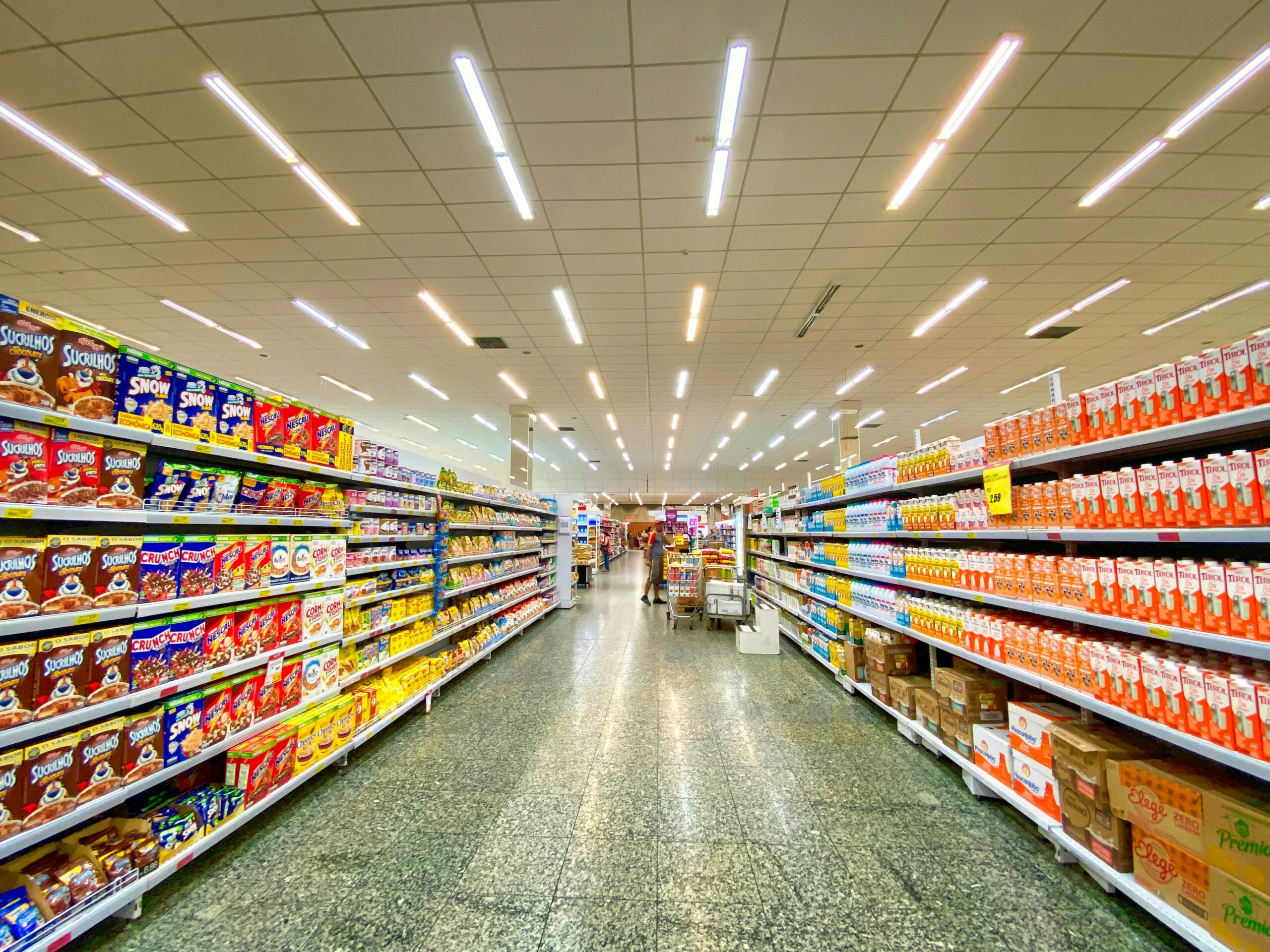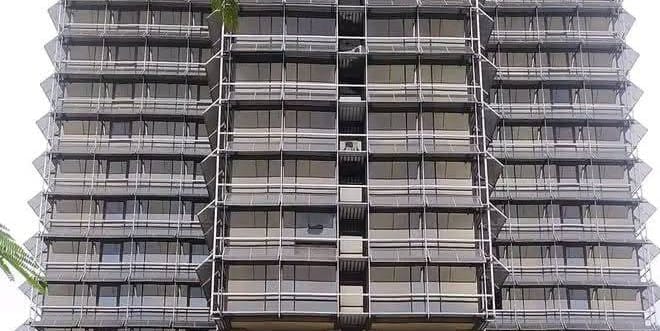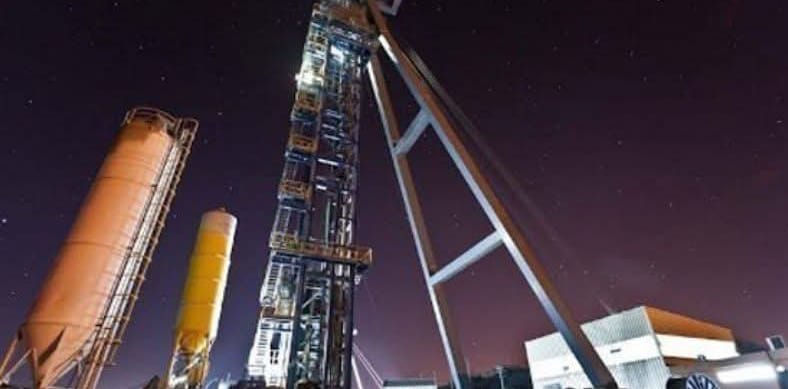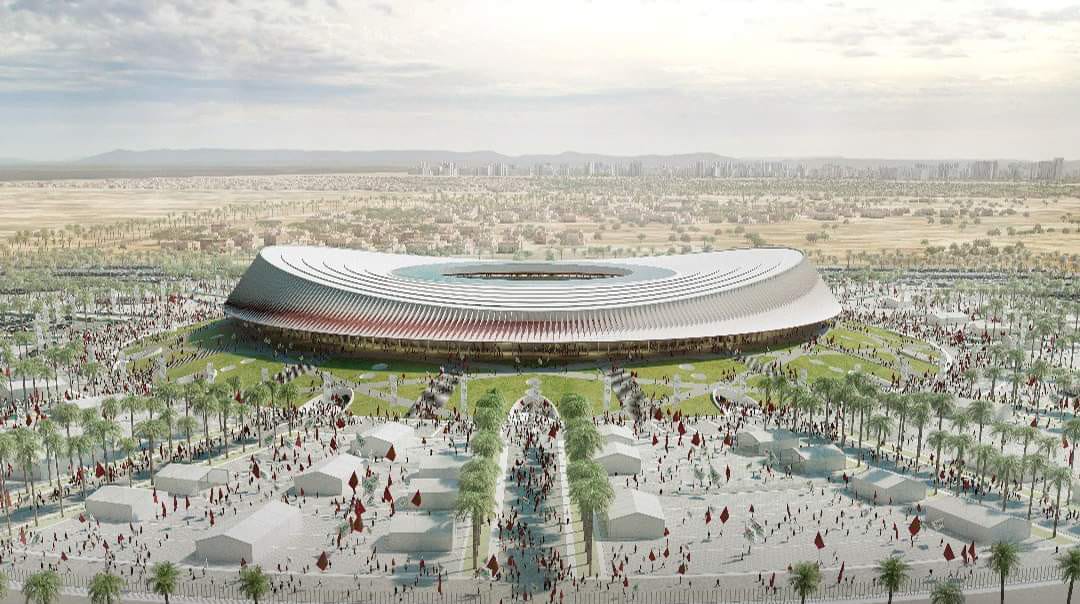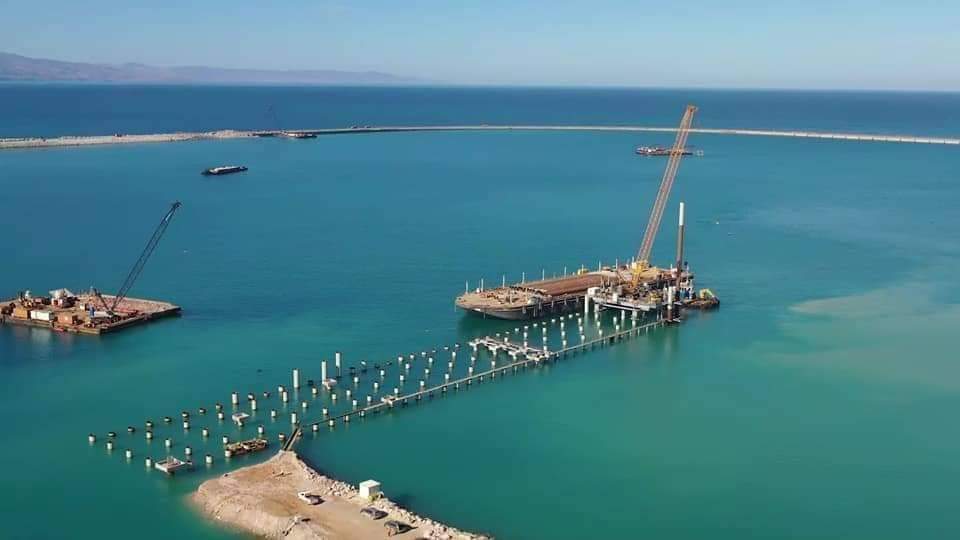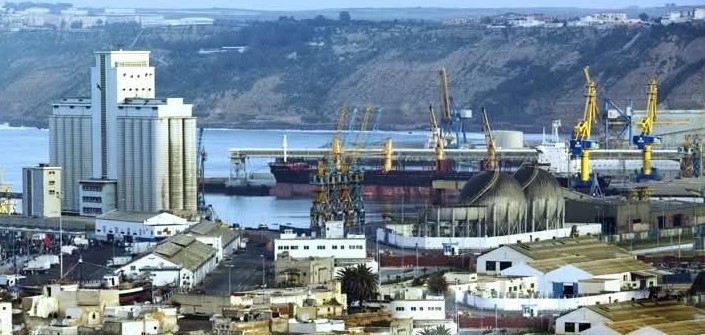Casablanca – Morocco is preparing to host major international sporting events like the 2025 Africa Cup of Nations (CAN) and the 2030 FIFA World Cup by implementing a comprehensive infrastructure development strategy. Led by the Ministry of Equipment and Water and its National Agency for Public Equipment (ANEP), the country is undertaking a series of projects that adhere to global standards and have a positive impact on critical sectors including education, healthcare, and sports.
Nizar Baraka, the minister of equipment and water, emphasized the strategic importance of these efforts during a session at the House of Councillors, underscoring the ministry’s commitment to providing sustainable, high-quality infrastructure to bolster Morocco’s competitive and inclusive economy. The ministry, alongside its affiliated institutions, is dedicated to offering technical and logistical support to other sectors and local communities, ensuring timely delivery and cost efficiency.
Key projects outlined by Baraka include the construction and renovation of sports stadiums and facilities in cities like Rabat, Tangier, Marrakech, Agadir, Fez, and Casablanca. Notably, the ambitious Grand Stadium Hassan II project in Ben Slimane, designed to accommodate 115,000 spectators, represents a substantial investment totaling approximately $515 million.
In anticipation of the 2030 FIFA World Cup, Morocco is also prioritizing road infrastructure enhancements. The adoption of the National Design for Road Infrastructure (SNIR 2040) involves expanding and modernizing the road network, with a goal to develop a highway spanning approximately 3,000 km by 2030. The Tiznit-Dakhla expressway project, costing around $870 million, is a critical initiative aimed at improving national connectivity, especially between northern and southern Morocco and with other African countries.
Baraka emphasized the collaborative approach taken in defining future road infrastructure, engaging stakeholders and ministries to ensure a comprehensive and inclusive vision. With the completion of projects like the continental highway between Casablanca and Rabat, set to be adjacent to the new Grand Stadium in Ben Slimane, Morocco aims to enhance its overall infrastructure to meet the demands of hosting these prestigious global sporting events.
Morocco’s preparations underscore a commitment to infrastructure development that not only supports international sports events but also contributes to the country’s long-term economic competitiveness and connectivity. The dedication to achieving international standards reflects Morocco’s vision for inclusive growth and sustainable development across diverse sectors.






